Are you tired of seeing your competitors end up ahead of you in the search results? Have you found that if you Google products and services you offer, your website is nowhere to be found?
If so, it’s time to start investing in manufacturing SEO. The right SEO tactics can mean the difference between being at the top of search engine pages or getting buried under a pile of other results.
SEO is critical for manufacturers because it allows them to show up in relevant searches and help potential customers find their products. Additionally, proper SEO implementation can result in higher website traffic, stronger brand authority, and better overall visibility in the ever-evolving digital landscape. Investing in SEO allows manufacturers to stay competitive and benefit from increased visibility.
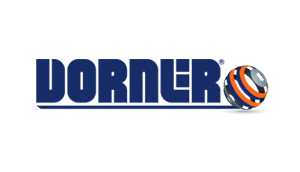
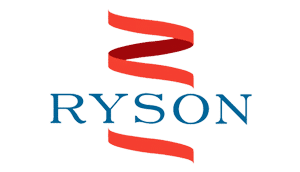
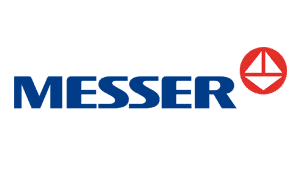
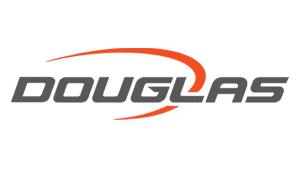
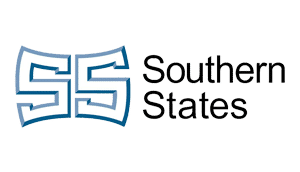
What is SEO? SEO, or search engine optimization, is the process of enhancing a website’s visibility on search engines in order to increase traffic and conversions. This involves optimizing both on-page and off-page elements, such as content, structure, design, load time, social media presence, and more.

Search engine optimization (SEO) is critically important for modern manufacturers because it helps them increase their visibility and reach potential customers in the digital marketplace. SEO helps industrial companies create higher rankings on major search engines, such as Google, Yahoo, and Bing, and allows them to show up in relevant searches that potential customers may be conducting.
At 5K | Formerly Conklin Media, we base our marketing strategies off of the proven ProfitPath methodology, where we work with you to identify your best audience and your most profitable product. We then build a completely custom strategy (often incorporating SEO) around that data to help you achieve maximum profit.
Your SEO strategy should be tailored to the unique needs of your manufacturing business, which means you might use a combination of local SEO, content marketing, link building, and more. So how do you know where to start?
If you’re ready to appear higher in search results, get more organic traffic, and convert more visitors into leads, you’ll need to invest in a strong manufacturing SEO strategy. Although every digital marketing plan is different, SEO is normally boiled down into three main components: technical SEO, on page SEO, and off page SEO.
Think of technical SEO as your foundation; it refers to all the technical aspects of optimizing your website so that search engines can crawl, index, and understand it. Technical SEO includes things like page speed optimization, site structure optimization, mobile-friendliness, and more. These factors don’t only help Google, they help your website visitors too.
On page SEO, also known as on site SEO, involves optimizing the content and structure of your website. This includes things like creating effective page titles, making sure your images are properly optimized and tagged, adding meta descriptions to pages, and other factors that help search engines better understand what each page is about.
Off page SEO refers to the tactics you use beyond your website in order to maximize your rankings and visibility. This includes link building (getting links from other websites back to yours), and getting your industrial business listed in relevant citations. High quality, niche relevant backlinks signal to Google and other search engines that your material is trustworthy and authoritative.



In the last year, Messer’s incoming traffic from organic sources, such as Google, grew 27%, and the keywords they ranked for exploded from 800 to 1500+. This increases the chances of a relevant customer finding them when they’re looking for them, and has increased their incoming leads by 20%+. In addition, we set up custom sales automation notifications that syncs with their CRM and alerts their team when a lead comes.
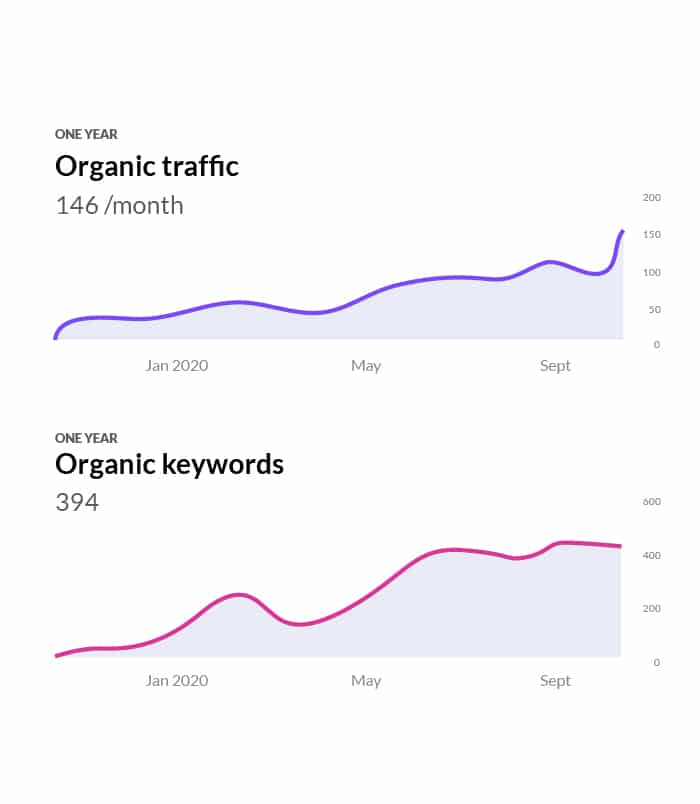
Optimizing your web pages with manufacturing and industrial keywords is an essential part of any effective SEO strategy. The right keywords will help your pages appear in relevant searches and attract the right type of visitors, who are more likely to convert into customers.
The right keywords for your manufacturing website will depend on your target audience. What words and phrases are they most likely to be looking for that would lead them to your site? Consider your products and services and the needs of your target market, then create a list of targeted keywords and phrases that you can use in your manufacturing SEO strategy.
Normally each page should have one primary keyword, with related keywords used throughout. You don’t want to overstuff your content with too many keywords, as this can lead to reduced rankings and undermine your SEO efforts.
Two keyword research tools we recommend are Ahrefs and Semrush. Not only do they allow for very thorough keyword research, but you can use them to create lists of relevant keywords to reference as you create your content strategy. They’ll also use helpful stats like search volume and keyword difficulty ratings.
Websites like Answer the Public and People Also Asked are great ways to pick longtail keywords. They use autocomplete data to show you the questions people are asking and the words they’re using when looking for certain industrial products and services.

Attracting qualified leads and converting visitors into customers starts with optimizing your product pages. Here are some tips to get you started:

The right title tag, or meta title, will give search engines and visitors a better idea of what your page is about, so it’s worth spending some time deciding on the best title. Keep it between 40 and 60 characters and include relevant keywords that accurately reflect the product or service.
Your meta description should be between 140 and 160 characters, and should include the keyword you’re targeting while also providing an accurate description of what your page is about.
The meta description is what will show up in the search engine results pages (SERPs), so you’ll want to create one that encourages people to click through to your site.
Links are a very important part of a quality SEO process, and optimizing your product pages with internal links is a great way to boost rankings. Linking from other relevant pages on your website will help search engines understand how each of those pages relate to one another, and it can also improve the user experience since it helps site visitors understand how to continue their journey.
When writing your content, title tags, and metas, include your target keywords. Not only does this help search engines better understand your pages, but it also helps visitors to know that the page contains what they’re looking for.
SEO tactics don’t end with on page optimizations. Appearing in a Google search is dependent on other factors as well, like page speed and other technical elements. Here are some of the most important technical SEO tactics to implement:
Manufacturing and industrial companies should perform a thorough site audit to make sure the technical elements are set up correctly. This will flag any issues that need fixing and ensure that your pages can be properly indexed by search engines.
Your sitemap is like a roadmap for search engine crawlers, so make sure your site has one that’s updated regularly. This will help search engines understand how to get around the website and which pages they should be crawling. You can submit your sitemap in Google Search Console.
Your robots.txt file tells search engine crawlers which pages to crawl and index, and which ones to ignore. Make sure you generate a robots.txt file for your website so that these can be properly indexed by search engines.
Image SEO strategies are essential for any website. Make sure all the images on your website have descriptive file names and alt attributes to ensure they can be properly indexed by search engines. Additionally, you can also use a tool like TinyPNG to compress your images and optimize their size.
Google is prioritizing speed when it comes to ranking websites. That means you need to make sure your website loads quickly and efficiently. Use a tool like GTMetrix or Google PageSpeed Insights to test your page loading speeds and identify any issues that need addressing.
Making sure your site is mobile-friendly is a key part of any manufacturing SEO strategy, and it’s especially important for industrial companies. That’s because many of their customers use mobile devices to research products and services. Make sure you’re using responsive design techniques so that visitors have an optimal experience regardless of what device they’re using.
If you want more qualified leads quickly, then paid ads might be an option worth pursuing for your manufacturing business. However, if you’re looking for an effective long-term solution, then SEO is the way to go.
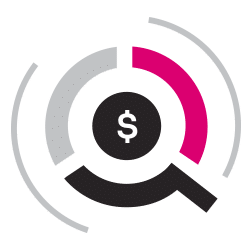
Pay per click or PPC has become a popular way to get in front of potential customers quickly and generate leads. You’ll be able to set up campaigns that target specific keywords, so you can make sure your ads are reaching the right people. Google ads appear at the top of search engine results pages, so you’ll be able to get maximum visibility for your business. Unlike with SEO, though, you’ll have to pay for each click your ads generate.

Getting good results from your SEO campaign takes time and effort, but once you do, it can deliver consistent and reliable traffic for a long period of time. If you do run Google ads, you can use the data collected from conversions and talk to your sales team to make sure the keywords you’re targeting are most likely to bring in qualified leads. This will make your SEO campaign more effective in the long run.
If you’re interested in SEO success that leads to more sales, our team can help.
Quality content: We’ll create content that is optimized for search engines and relevant to your target audience.
Technical optimization: We’ll make sure your website is properly configured for SEO success by setting up the correct structure and ensuring all technical aspects are taken care of.
Link building: We’ll use a range of techniques to get quality links pointing to your website.
Analytics: We’ll track the progress of your SEO campaign and adjust our strategy as needed based on the data collected.


If you would like to discuss how we can help optimize your manufacturing website, get in touch with us today.
Most industrial and manufacturing companies don’t want to invest time and money in a marketing strategy if it won’t bring them quality leads. SEO can result in more qualified leads, but only when it’s done correctly and you’re targeting the right keywords. Any agency should work closely with you to understand your business goals and determine which keywords are most likely to generate leads.
SEO traffic comes from having a website that is optimized for search engines and provides quality, relevant content. You can also get some traffic through paid ads, but SEO should be your primary focus if you want long-term results.
The amount of time it takes for SEO to work varies from company to company. It can take anywhere from a few weeks to several months for your website to start ranking in the search engine results pages, depending on how competitive your industry is and how much work you put into optimizing your site. The key is to be consistent with your efforts and stay patient as organic traffic builds over time.
SEO and content marketing go hand in hand, as quality content will help boost your website’s visibility and improve its ranking in the search engine results pages. Paid ads can also be used in conjunction with SEO for maximum reach. Website design and development can impact SEO for manufacturing.
Google routinely changes their algorithms to keep up with the ever-evolving digital landscape and satisfy internet users. As a result, SEO strategies need to be adjusted accordingly in order to stay ahead of the curve and ensure your website continues to rank high in the SERPs. The best SEO techniques are always changing, and any solid manufacturing SEO strategy needs to stay on the cutting edge of content and optimization best practices.
© Conklin Media, LLC| All Rights Reserved|2600 Columbia Ave, Lancaster, PA 17603
Share a few details about your organization, and we’ll schedule a brief discovery call to discuss how our workshop can accelerate your AI initiatives.